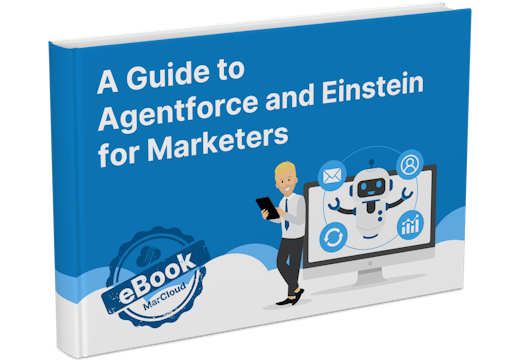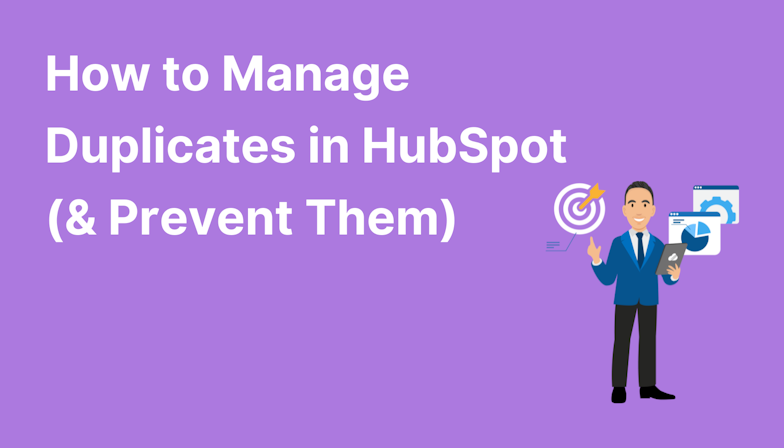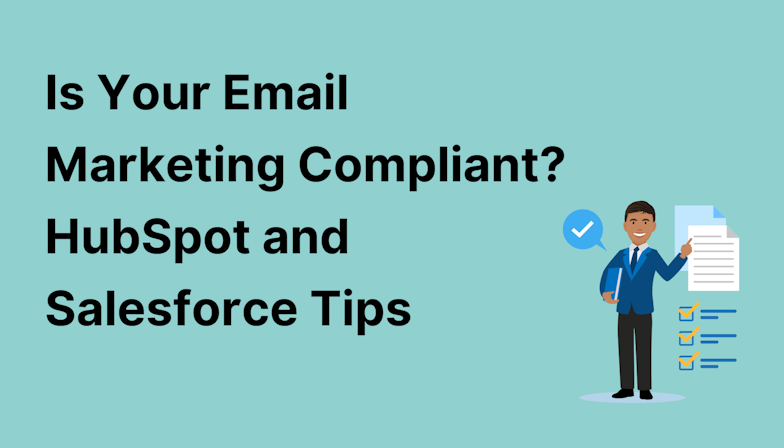At this point, you have a Salesforce lead management plan but you might not know exactly how you are going to implement it. Perhaps you’re new to Marketing Cloud or struggle with your Sales Cloud to Account Engagement syncing. There are a host of reasons you might need expert support, so feel free to reach out if that’s the case for you.
If you’re comfortable DIYing lead management in-house, here are some tips based on years of experience and a load of excitement about what’s possible with Agentforce!
1. AI-driven lead qualification (beyond static scoring)
Previously, scoring and grading models in Account Engagement were static, requiring manual updates. With Agentforce, AI Agents dynamically adjust scores based on real-time engagement patterns, industry trends, and historical conversion data, leading to smarter lead prioritisation.
2. Adaptive lead nurturing (no more one-size-fits-all Journeys)
Traditional nurture journeys followed predefined paths, requiring manual segmentation. AI-powered Agentforce can automatically adjust nurture sequences based on lead behaviour, engagement drop-off, and conversion likelihood, ensuring the most relevant touchpoints at every stage.
3. AI-powered buying intent detection
Previously, intent signals were based on simple activity tracking (e.g. form submissions or email opens). Now, Agentforce AI Agents analyse deep behavioural patterns, such as repeated high-intent actions (pricing page visits, competitor comparisons) to predict when a lead is ready for outreach.
4. Real-time AI lead routing (beyond static Assignment Rules)
Traditional lead routing relied on rule-based criteria (e.g. region, industry). AI Agents in Agentforce can dynamically assign leads based on real-time factors like urgency, lead engagement level, and historical rep performance, ensuring faster, more effective follow-ups.
5. AI-generated sales summaries (lead insights for sales reps)
Previously, sales teams dug through data manually in Sales Cloud to understand lead history. Agentforce can generate real-time lead summaries, including predicted intent, past interactions, and recommended next steps, helping reps personalise outreach faster.
6. AI-driven follow-up nudges for sales teams
Traditional reminders for lead follow-ups were static (i.e. task creation in Salesforce). Now, Agentforce Agents proactively remind reps when engagement is dropping, and even suggest the best time for follow-up based on past conversion data.
7. Automated cold lead re-engagement (no manual list rebuilding)
Previously, marketers manually re-added old leads to nurture sequences. Now, Agentforce detects rekindled interest (a previously cold lead suddenly interacting with content) and re-engages them automatically without requiring manual intervention.
8. AI content and offer recommendations
Traditional Account Engagement nurture journeys required predefined content paths. With AI, Agentforce can personalise email content or recommended assets dynamically based on what similar leads have engaged with, boosting relevance and conversions.
9. Predictive AI-optimised lead conversion timelines
Instead of relying on historical averages, Agentforce can predict when a lead is most likely to convert based on real-time behaviour and market conditions, allowing teams to prioritise efforts accordingly.
10. AI lead management reporting and insights
Previously, reporting relied on predefined dashboards with static data points. Agentforce can surface patterns in lead drop-offs, analyse conversion trends, and suggest strategy adjustments automatically, saving teams hours of manual analysis.
AI is the next level of lead management
Historically, Salesforce lead management required manual setup and rigid workflows. Now, Agentforce and AI Agents can remove the guesswork, dynamically adapting to real-time lead behaviour and helping businesses convert more leads faster.
Want to soundboard lead management plans or get expert advice on implementing Agentforce? MarCloud can help. Book a free strategy call with our team today.




